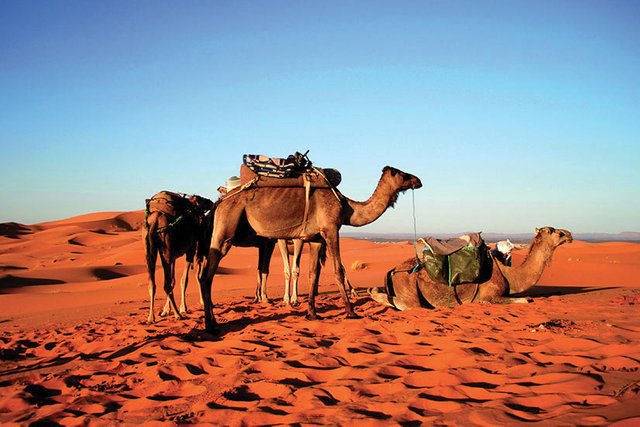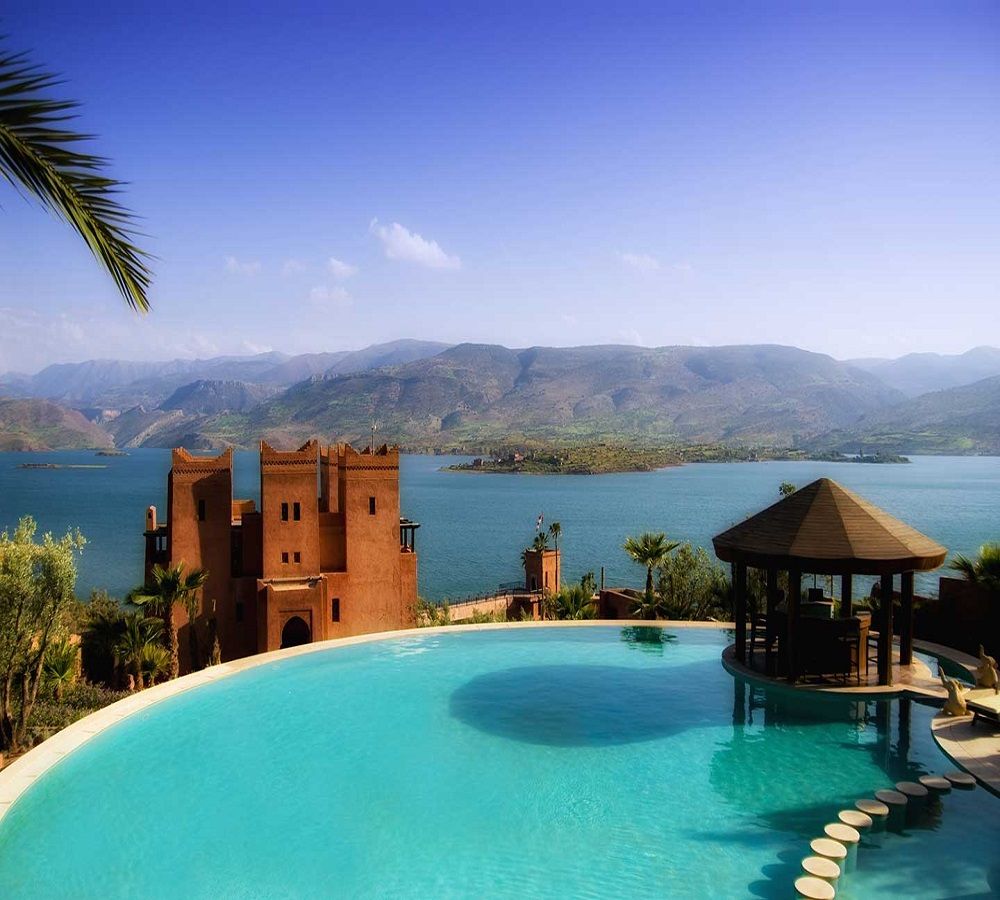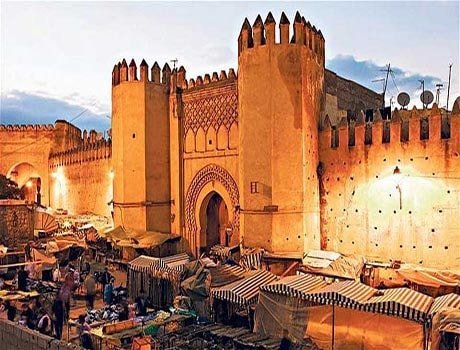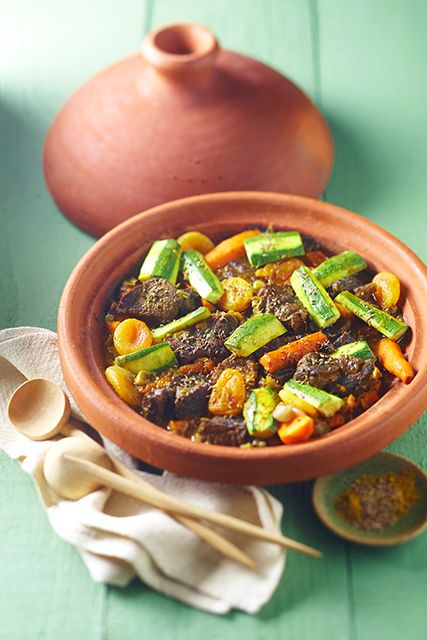


So you’re planning your Morocco travel! As they say in Arabic, Mabruk! (Congratulations). Now what? Well, before you get on the plane, there are some things you probably want to know.
Morocco, Morrocco, Morroco? Which is correct?
In English, we spell the word: Morocco. But in Arabic, there are no vowels, so it’s really anybody’s guess. If you can pronounce it, that’s more important than if you can spell it correctly.
What’s the local currency? Do they take credit cards?
The Moroccan Dirham (DEE-rahm). It’s been worth between 11¢ and 13¢ since about 2010, so it’s a good bet’s about 12¢ per Dirham.
Relatively speaking, the rate of the Dirham is good, and it’s steady, so there shouldn’t be a lot of surprises. Granted you can pay western prices if you go looking for them, but for the most part, Morocco is a great travel bargain.
Remember that you will get money out of an ATM in dirham, and that you will often be charged a foreign transaction fee of about 3 percent by your bank, whether you get cash out or use a credit card. This dirty little secret can add up, so make sure you budget for it. Note that some credit cards have no foreign transaction fees. Also, if you want your debit/credit cards to work in Morocco, or any foreign country, call your bank before you leave! Many times, we have had guests calling back to their home country because their transactions were declined. It’s a fraud concern for the banks, so they are all pretty careful. Most larger places will take credit cards; the souks (open-air markets) and smaller shops will probably still want cash, and especially if you want to bargain for something, cash is still king!
What language do they speak?
The Moroccans speak a fascinating mixture of Arabic, Berber, English and French - a patois for which we have perhaps only Creole in the US as a comparison. In a single sentence, you are likely to hear several languages, as in, “Mabruk! Welcome, haltu redu café e thé?”
While English will likely be understood by many in the larger cities, you may have language trouble in smaller or rural areas. In this case, Arabic and French are probably equal fallbacks for the intrepid traveler. Of course, if your Arabic was learned somewhere else (like Egypt) prepare for some polite snickers!
Do they drink/do drugs/party?
Moroccans, though most are devout Muslims, seem to do all of the above. Hashish is quite common in Morocco, and it’s easy to get alcohol at many bars despite the Muslim stricture against it. In bigger cities, like Casablanca or Marrakech, you can find bars and nightclubs where they like to party until the wee hours.
There is also a sacred musical form of party called an Aissawa, which is basically a Sufi rave. Sufism, an ancient mystical branch of Islam focused on elevating the spirit, is still practiced throughout the world. The famous poet Rumi was a Sufi, and many Westerners have come to know Sufism through Rumi’s writing. Spinning and dancing is one of the most common practices at the Aissawa, with the desired effect to create an altered state of the mind. It’s a great opportunity to get out of your comfort zone if you get the chance to participate.
Do I need a visa to get in?
Almost all English-speaking countries (with the exception of South Africa) require no visa to enter the country, and visitors can stay up to 90 days, which is quite generous. Please note that your passport expiration date MUST be after the date of your intended return if you are a US Citizen, and if you are coming from England, it must be valid for 6 months after the intended date of departure. So check with the Moroccan embassy online in your own country just to be sure. Many countries are moving over to this second, stricter requirement, so it’s best to always ensure your passport is up-to-date.
You’ll need one blank page in your passport for the entry stamp which they will add at customs.

What food will they have there, and can I eat fresh fruits & veggies and drink the water?
Unlike the US and UK, which are moving rapidly to packaged foods, even for staples such as fruits and veggies, Morocco will have almost exclusively local produce. As a result, the selection will be smaller than perhaps you are used to, but most of it will have been grown, harvested, and brought to your table the way it would have been in the old days - fast and without any real processing. If you’re worried about nasties in fresh stuff, do what the locals would do: squeeze a good quantity of lemon or lime juice on it. I guarantee there will be fewer chemicals on your salad than at McDonalds at home, and the food will taste fresh and delicious. Be smart — if you’re eating from a street vendor, you’re taking your chances (that said, I’ve had amazing meals from a cart pulled by a donkey) and they have no regulations or even refrigeration sometimes. If you have a funny tummy at home, pack charcoal tablets and plan on eating yoghurt in Morocco to get some probiotics. Enjoy the local cuisine - that’s one of the main reasons you went! As in most foreign countries, you should probably stick to bottled water just to be safe - we are often not used to the critters in someone else’s water supply
Hi! I am a robot. I just upvoted you! I found similar content that readers might be interested in:
https://www.huffingtonpost.com/halle-eavelyn/what-you-need-to-know-bef_b_4740418.html
Downvoting a post can decrease pending rewards and make it less visible. Common reasons:
Submit